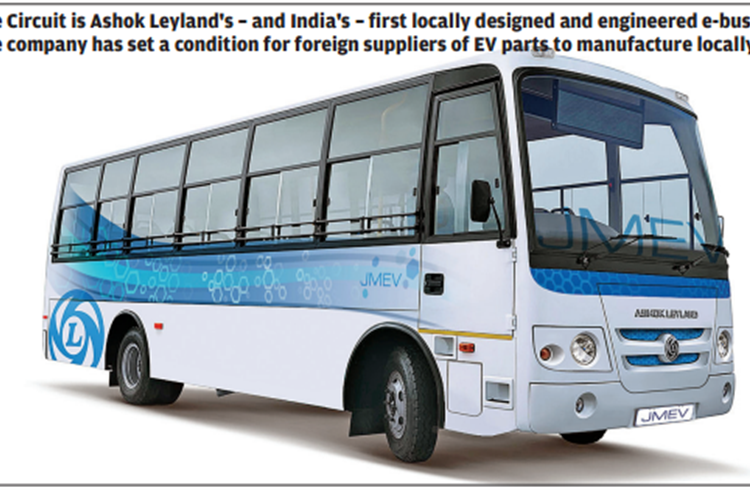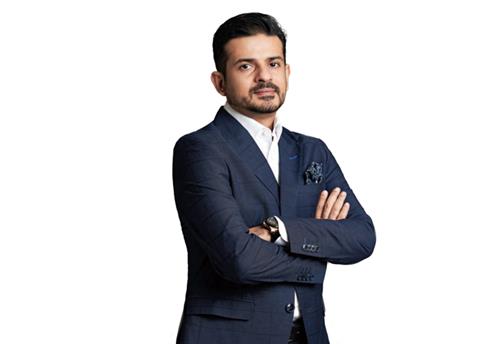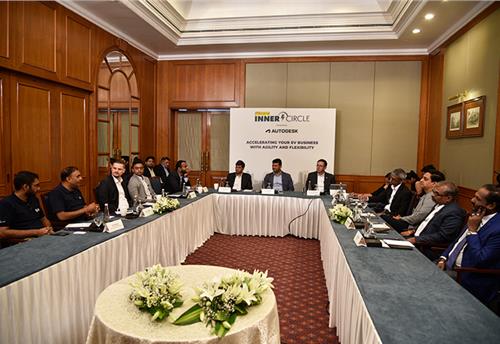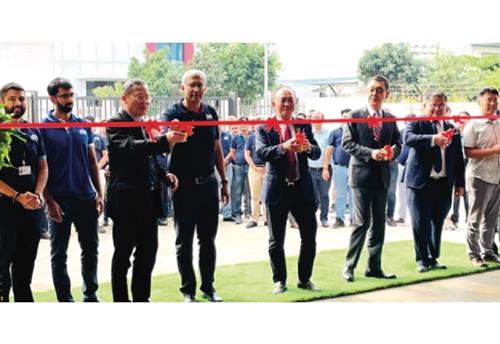Ashok Leyland readies for big play in electric mobility
Buses are leading Ashok Leyland's charge in the electric mobility space. It now has four bus platforms that are completing full development and all of them are expected to enter production between January and May 2018.
A hundred crore of rupees already spent, and "a few more such figures" to be spent next year on electromobility.
I n the not-so-distant future, Ashok Leyland will have an electric variant of each of its bus and truck models, if things go as planned. The company's plans and resources are drawn up and it has embarked on its plan to "systematically" electrify each of its existing platforms. That would mean a fairly big electric CV portfolio. Currently, Ashok Leyland has seven M&HCV truck platforms on which 47 models are based, and 142 variants of buses are based on 10 platforms. In LCVs, it has two platforms each for the goods and passenger carrier segments.
"It is only a matter of which is done, in what sequence," Karthick Atmanathan, who became the Head – EV & eMobility Solutions, Ashok Leyland in August, tells Autocar Professional. Ashok Leyland has already spent Rs 100 crore for electric mobility. Karthick won't disclose details of further investments but says the company will spend "a few more such figures" next year to realise some "really really big" plans.
E-BUS TO THE FUTURE
Buses are leading Ashok Leyland's charge in the electric mobility space. It now has four bus platforms that are completing full development and all of them are expected to enter production between January and May 2018. The Circuit, unveiled a year ago, is its – and India's – first locally made electric bus.

Production of the first of Ashok Leyland's electric trucks will begin during the second half of 2018. These plans are based on Ashok Leyland's "current perception" of the government and the market and could change triggered by government policies, market evolution or if cost structures change.
Trucks currently do not find much space in Ashok bus manufacturer Optare by Ashok Leyland's parent Hinduja Group has helped the Indian OEM to reduce the time-to-market and embark on the electric mobility journey.
Ashok Leyland's first electric powertrain is based on an Optare architecture modified to suit Indian needs and conditions. An alternate architecture is also being developed. Given that Optare has a history of building electric buses, its seasoned technicians are consulted by Ashok Leyland in developing or scrutinising new technologies here. Optare also helps in Ashok Leyland conducting trials of advanced engineering technologies in Europe.
BUILDING AN ECOSYSTEM
Even as Ashok Leyland taps its sister company in UK, it wants to build completely indigenised electric vehicles. Lack of an established supply chain for EVs is a big hurdle that the company faces. When the Ashok Leyland team went scouting for suppliers, it found that Indian suppliers were largely not very excited or not very aware about the EV industry. There were Indian subsidiaries of multinational Tier 1 suppliers which were not aware of products their counterparts had abroad. But that's changing now.
Some companies have started investing money and time to prepare themselves to tap the potential demand arising out of the upcoming electric mobility wave. Not many of them have got on board Ashok Leyland's electric mobility projects; as Karthick says, their level of preparedness is behind the OEM's projects. However, 3-4 purely Indian vendors, who have been supplying components for Ashok Leyland's diesel vehicles, are part of a group of around 22 EV component makers that Ashok Leyland has signed on so far.

What Ashok Leyland has done to bring down costs and ensure a high level of local content is convince foreign suppliers who do not have a plant in India to invest in one. "So all suppliers who are working with us right now have committed plants in India and we will retain the option of withdrawing business if they don’t keep up their commitment because we believe in a robust India supply chain and that ecosystem. We can't lose jobs in diesel and not get jobs for electric," says Karthick.
What Karthick and, perhaps his counterparts in other OEMs too, would like to see is regulations for electric mobility. "If the government says, ‘Listen, from 2022, I will not permit any city to register a new diesel bus, it has to be electric. You give the market enough time to actually equip and prepare, you have given the public to be prepared for that.' Just a statement like that will drive further investments," says Karthick.
(This article was first published in the October 15, 2017 print edition of Autocar Professional)
RELATED ARTICLES
BRANDED CONTENT: Serving India’s EV ecosystem
Shimnit Integrated Solutions Pvt. Ltd. (SISPL), a subsidiary of Mumbai's leading high-security number plate supplier, Sh...
Driving EV business with agility and flexibility
CEOs from the EV startup ecosystem met in Bengaluru and Pune to discuss the challenges and business opportunities.
BRANDED CONTENT: SM Auto and Gotech energy inaugurate their first battery pack assembly plant in Pune
Pune-based SM Auto Engineering (SMA), a leading automotive component system manufacturer and its partner Gotech Energy (...





 06 Nov 2017
06 Nov 2017
 12925 Views
12925 Views





 Autocar Pro News Desk
Autocar Pro News Desk




